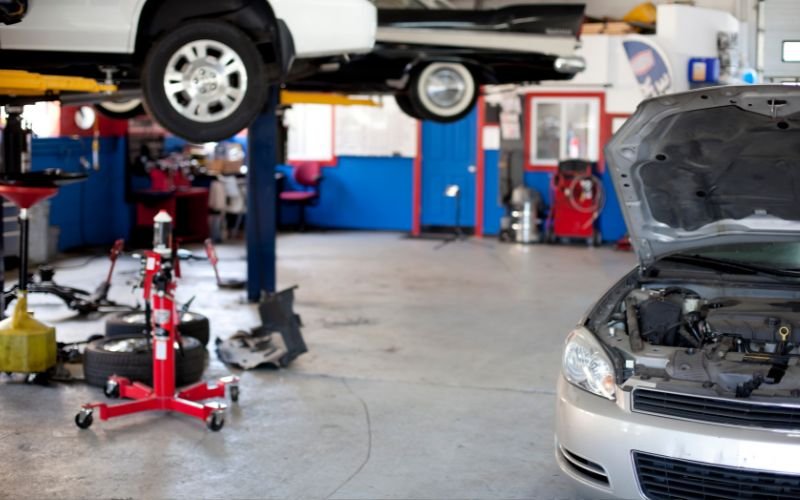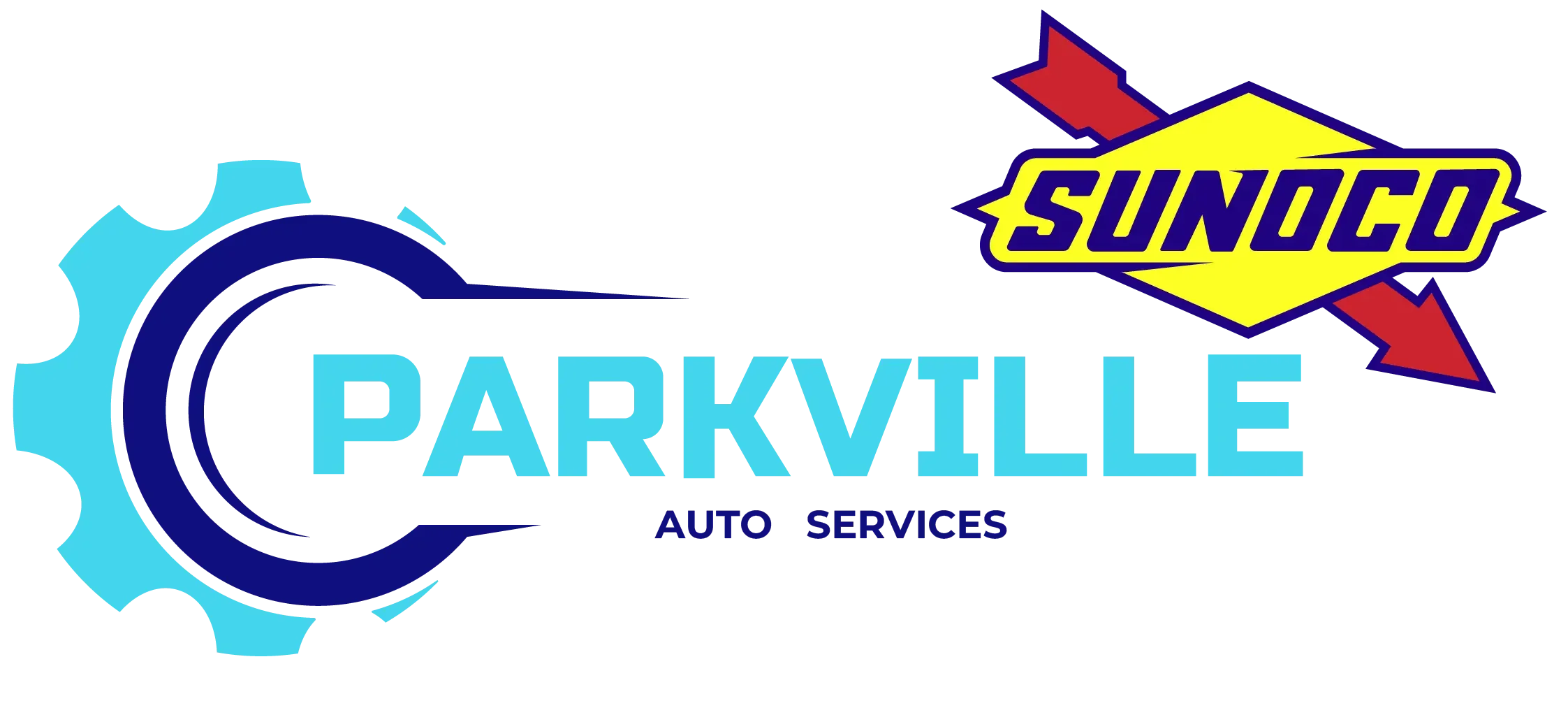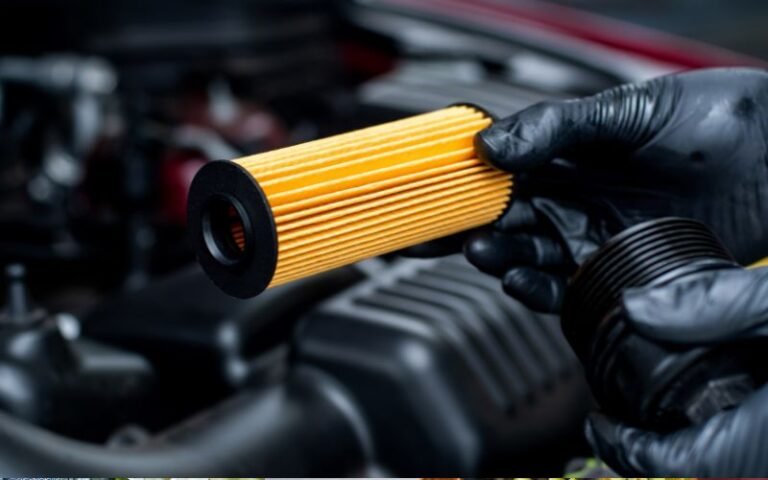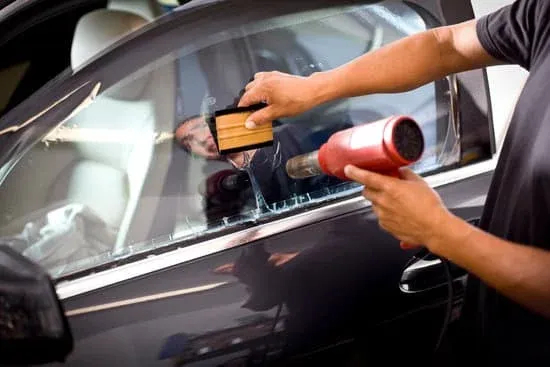How to Choose the Best Shop for European car repair shops near me
Looking for expert care for your European vehicle? Whether you drive a precision-engineered BMW, a performance-tuned Audi, or a luxury Mercedes-Benz, maintaining it requires specialized knowledge, diagnostic tools, and certified technicians. This guide covers everything you need to know about finding and choosing a reputable European auto mechanic, from understanding the difference between domestic and foreign car service to tips on ensuring dealership-quality care without paying dealership prices. Read on to keep your Euro car in peak condition, wherever you are.
Why European Vehicles Require Specialized Service
European vehicles, from Audi and BMW to Mercedes-Benz, Porsche, Mini, and Jaguar, are known for their precision engineering, luxury interiors, and high performance. But that sophistication comes with a cost: repairing and maintaining them is not as straightforward as your typical domestic or Japanese models.
Here’s why:
- Tighter tolerances and complex systems require specialized diagnostic tools.
- Many models rely on OEM-specific parts Original Equipment Manufacturer.
- Factory-trained technicians or ASE-certified specialists are often essential for accurate service.
- Repairs often include ECU programming, performance tuning, and custom software resets.
What Services Do European Auto Mechanics Offer?
A high-quality European car service center provides more than just oil changes. The services often cover:
| Service Type | Description |
| Engine Diagnostics | Using manufacturer-grade tools like VCDS for VW, Audi or ISTA for BMW. |
| Transmission Repairs | Including dual-clutch systems DSG, CVT tuning, or gear calibration. |
| Brake System Overhaul | Using performance parts like Brembo or OEM-grade rotors and pads. |
| Oil & Filter Changes | With Euro-spec synthetic oil like 0W-30 for BMW, Mercedes. |
| Suspension Tuning | Control arms, struts, and coil over setup for sports handling. |
| ECU Tuning | Performance mapping, remapping, or chip tuning for power gains. |
| Electrical Diagnostics | Fixing CAN bus issues, warning light resets, and infotainment bugs. |
| Air Conditioning & HVAC Repairs | More complex due to integrated sensor systems in Euro cars. |
| Emissions Testing & Repairs | Catalytic converters, DPF systems, EGR valves, especially in diesel models. |
Domestic vs. European Car Repairs: Key Differences
Here are some critical distinctions when it comes to servicing European vehicles:
| Feature | European Cars | Domestic Cars |
| Diagnostic Tools | Proprietary (OBD-II + brand-specific tools) | Generic OBD-II |
| Parts Cost | Higher due to imports | Readily available |
| Labor Skill | Requires factory or dealership-level training | Broad-spectrum mechanics |
| Software Updates | Often needed with repairs | Rarely required |
| Common Brands | BMW, Audi, Mercedes, Jaguar, Volvo | Ford, Chevy, Dodge |
That’s why not every mechanic can handle your European ride.
Certified European Car Mechanics: Why It Matters
When searching for an auto shop to work on your Euro vehicle, prioritize certifications like:
- ASE Automotive Service Excellence: Industry gold standard in the U.S.
- Bosch Car Service Network: Globally recognized for Euro-centric repair shops.
- Factory Training: Brands like Mercedes, Porsche, or BMW have their tech certification programs.
- Dealer-Level Diagnostic Access: Tools like ISTA BMW, ODIS VW/Audi, or STAR Mercedes.
Ask the shop if they use OEM or OEM-equivalent parts and whether they offer software programming post-repair.
Finding a Trusted Local Euro Auto Shop
While European car repair shops near me might be a common search, knowing what to look for helps you avoid fly-by-night operations.
Here’s a checklist to ensure the shop is reputable:
- Specializes in European models
- Offers a warranty (at least 12-month/12,000-mile)
- Uses OEM-grade or certified aftermarket parts
- Can show certifications or brand-specific training
- Offers digital vehicle inspection reports
- Has positive reviews mentioning brands like BMW, Audi, Mercedes, etc.
- Uses diagnostic tools built for European platforms
- Offers online appointment booking and transparent pricing
Real Questions Car Owners Ask
Here are typical queries from real drivers:
- How much does a BMW repair cost near me
- Can I trust an independent shop for my Audi
- Is it safe to go to a non-dealer for Mercedes maintenance
- Where’s the best-rated Mini Cooper mechanic locally
- Do European cars cost more to fix
- Can I get Porsche diagnostics without going to the dealership
All of these point to one key fact: specialization matters when it comes to European car service.
Cost Breakdown: What to Expect
Repairs on European vehicles vary by brand, model, and location, but here’s an average range (USD):
| Service | Cost |
| Oil Change (Euro Spec) | $120 to $250 |
| Brake Replacement | $400 to $900 |
| Transmission Service | $1,000 to $3,500 |
| Timing Chain Replacement | $1,500 to $5,000 |
| ECU Diagnosis + Reprogram | $200 to $600 |
| Turbocharger Replacement | $1,800 to $4,000 |
Costs can run high due to labor time, part sourcing, and specialized skillsets.
Common Mistakes Euro Car Owners Make
Avoid these if you want your vehicle to last:
- Going to generic quick-lube places for oil changes
- Using low-grade or wrong-viscosity engine oil
- Ignoring warning lights that need Euro-spec diagnostics
- Postponing transmission flushes or brake pad changes
- Installing non-OEM parts without tuning the ECU accordingly
Remember: cutting corners with European vehicles often leads to bigger problems.
DIY vs. Professional Service: What You Can Do at Home
If you are an experienced DIYer, here are some safe-to-perform tasks:
- Cabin air filter replacement
- Spark plug change (on non-turbo models)
- Battery replacement (beware of coding needs!)
- Oil top-off (using correct grade/spec like VW 502 00 or BMW LL-01)
But skip the following unless you’re trained:
- Transmission fluid changes (often sealed)
- Brake bleeding on performance systems
- ECU or software resets
- Timing chain/belt replacement
- Turbo or supercharger repairs
Most modern European vehicles require dealer-level tools and scan resets, even for basic repairs.
What to Ask Before Choosing a Shop
Ask these questions before booking a service:
- Do you specialize in European makes and models?
- What diagnostic software do you use?
- Do you provide OEM or aftermarket parts?
- Is your work covered by warranty?
- Do your techs have factory or brand-specific training?
- Can I see a digital inspection report?
- How do you handle software updates or resets?

Popular Brands Serviced at Euro-Centric Repair Shops
A true European auto repair specialist should regularly work with:
- BMW: 3 Series, 5 Series, X5, M4
- Audi: A4, A6, Q5, RS3
- Mercedes-Benz: C-Class, E-Class, GLE, AMG
- Volkswagen: Golf, Passat, Tiguan, Jetta
- Porsche: 911, Cayenne, Panamera
- Mini Cooper: S, Countryman, JCW
- Volvo: XC90, S60
- Jaguar: F-Type, XE, XF
- Land Rover: Range Rover
Why Regular Maintenance is Even More Crucial for Euro Cars
Regular service is the key to long-term reliability and performance. Follow brand-specific schedules, which typically include:
- Oil & Filter: Every 7,000 to 10,000 miles (Euro-synthetic only)
- Brake Fluid Flush: Every 2 years
- Coolant Flush: Every 3 years or 40,000 miles
- Transmission Service: Often, a lifetime fill is a myth; flush at 60,000 to 80,000 miles
- Spark Plugs: 50,000 to 60,000 miles
- Timing Chain/Belt: 90,000 to 120,000 miles, depending on engine
Final Thoughts:
While your search for European car repair shops near me may return dozens of results, not all mechanics are created equal.
Choose a facility that combines:
- Specialized European training
- OEM-grade tools and diagnostics
- Transparent pricing and detailed inspections
- High customer ratings specific to your car brand
- Convenient services like loaner cars or pickup/drop-off
Your European vehicle is more than just a car; it is a machine engineered for excellence. Do not trust it to just anyone.
FAQs
What makes European car repair different?
European vehicles use specialized diagnostic tools, require OEM parts, and often need factory-trained mechanics due to their complex systems.
How much does it cost to fix a BMW or Audi?
Routine services like oil changes can cost $150 to $250. Major repairs transmissions, ECU issues may range from $1,000 to $5,000.
Can I service my Mercedes or Porsche at a local shop?
Yes, many independent shops offer dealer-level service using factory tools and certified technicians at a lower cost.
Are aftermarket parts safe for European cars?
Certified aftermarket parts can be safe, but OEM or OEM-equivalent parts are recommended for reliability and performance.
How do I find the best European car mechanic near me?
Look for certifications ASE, Bosch, brand specialization, OEM diagnostic tools, warranty coverage, and positive reviews specific to your car brand.
Citation
Wikipedia contributors. (n.d.). Automobile repair shop. In Wikipedia, The Free Encyclopedia. Retrieved July 26, 2025, from https://en.wikipedia.org/wiki/Automobile_repair_shop







